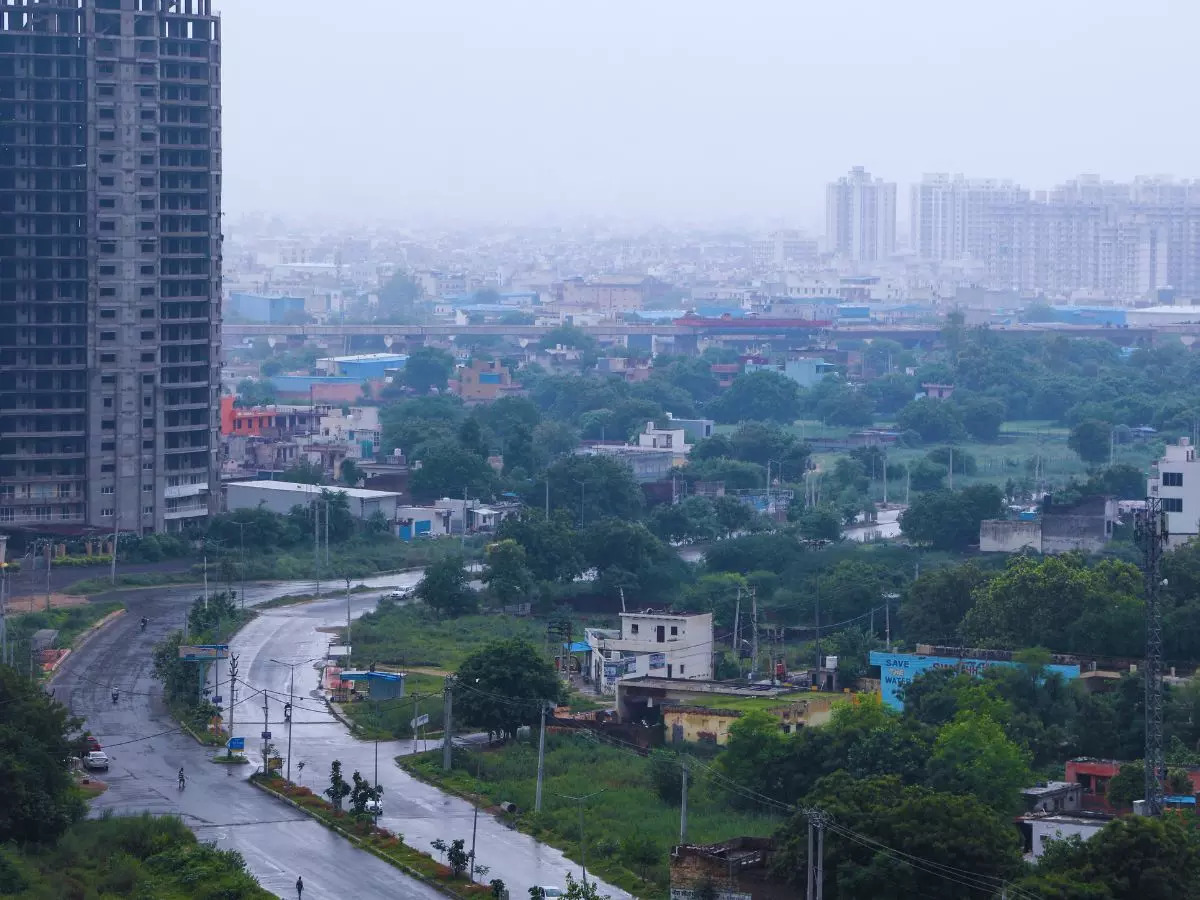the Delhi government is considering removing the controversial 5% annual increase in infrastructure charges for water and sewer services. This decision, which could take effect at the start of the next financial year, has sparked intense debate in the city, particularly between political parties.
The infrastructure charge increase, first introduced under the previous administration in September 2020, was aimed at covering the rising costs of water and sewer services in the city.According to senior government officials, the charges were meant to apply to new construction projects and larger properties. However, the Delhi Jal Board (DJB), responsible for managing the city’s water and sewer services, is expected to announce the suspension of this annual increase at its next meeting. The board’s decision to review the policy comes amid growing dissatisfaction, particularly in unauthorised and resettlement colonies, where residents have been hit hardest by the surging costs of new water and sewer connections.
The move to reconsider the infrastructure charge hike has been criticised by opposition members, particularly from the Aam Aadmi Party (AAP). AAP MLA Anil Jha has voiced strong objections, accusing the ruling BJP of exacerbating the financial strain on Delhi’s citizens, especially in the wake of what he described as an unfair increase in connection charges. Jha pointed out that the notification by the DJB indicated a significant rise in both commercial and residential connection charges, which he argues disproportionately affects those living in vulnerable areas.While the AAP has framed this issue as a political matter, with claims that the BJP has failed to offer any relief, the Delhi government maintains that the charge increase was a policy introduced by the previous AAP administration.
Senior officials emphasise that the decision to review the charges is not politically motivated but rather a response to concerns raised by residents and businesses affected by the increases.The Delhi Jal Board has been facing mounting challenges in managing water distribution across the city, especially during the peak summer months. Despite substantial investments in water supply infrastructure, Delhi continues to rely heavily on water supplied from neighbouring states, making it increasingly difficult to meet the growing demands of its population. Last summer, severe water shortages prompted restrictions on water usage, alongside fines for misuse, highlighting the need for an urgent overhaul of water management strategies.
In addition to reviewing the infrastructure charge policy, the DJB is expected to address a range of issues at its upcoming meeting, including improving water distribution systems in areas that still lack piped connections. The board is also expected to discuss strategies to reduce water leakage, enhance the sewer system, and monitor the outflow of water from underground reservoirs, all key areas for improving the overall efficiency of the city’s water supply.
With summer fast approaching, residents and businesses across Delhi will be hoping for a resolution to the water supply challenges they have faced in recent years. While the suspension of the infrastructure charge increase may offer short-term relief, the city’s long-term water security remains a pressing concern. As the DJB continues to grapple with rising demand, water scarcity, and infrastructure gaps, the need for sustainable, equitable solutions to Delhi’s water management issues becomes ever more urgent.


